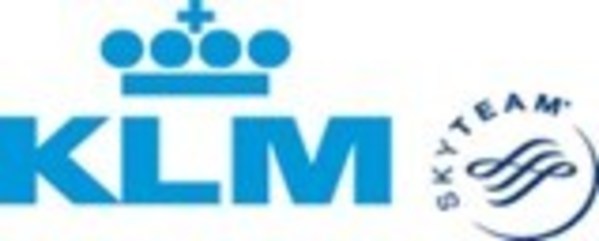 |
AMSTELVEEN, Netherlands, June 18, 2021 /PRNewswire/ -- As more and more countries are reopening their borders, KLM is anticipating a cautious re-emergence of customer demand for destinations in Asia and the Middle East. This summer, KLM's network will be virtually identical to the one it operated in 2019. Due to the COVID-19 pandemic, however, fewer flights to the destinations will be offered and/or flights to the destinations will be offered in different combinations. KLM offers Riyad (Saudi Arabia) as a new destination this summer, while flights to Phuket (Thailand) will be introduced this winter.
The network of destinations plays a central role in KLM's strategy. Since the start of the COVID-19 pandemic, KLM has continued to operate this network to the greatest extent possible in order to preserve customers' ability to travel and to ensure the continuity of cargo transport. Not only has this strategy proven successful during the course of the COVID crisis, it now makes it easier to scale up operations once more.
Most significant changes compared to 2019:
Specific travel restrictions and quarantine requirements remain in effect in many Asian countries. As this changes, scheduling within the network will need to be updated frequently throughout the winter season as well.
Flexibility and a high standard of hygiene with KLM
KLM offers its customers maximum flexibility when booking, changing or cancelling a journey. What's more, this year KLM has adopted the highest possible standard in hygiene measures – before, during and after the journey. In recognition of this, KLM was recently awarded Diamond APEX status, placing KLM among the world's leading airlines when it comes to hygiene and health safety. KLM naturally also complies with all travel restrictions and measures issued by various governments.
Innovation and sustainability
With its 101-year history, KLM is among the oldest airlines in the world that still operates under its original name. As an aviation pioneer since the earliest days of the industry, innovation is part of the DNA and KLM continues to develop its strengths in the areas of customer experience, digitization, sustainability and technology. In February, for instance, KLM became the first airline to ever operate a flight fueled in part by sustainably-produced synthetic kerosine. Through KLM's SAF (Sustainable Aviation Fuel) programme, businesses with a corporate account can arrange for a portion of their air travel to be conducted using sustainable aviation fuel.
"It is a positive sign that the number of destinations in the Middle and Far East has nearly returned to its previous level. As a result, customers can once again rely on KLM's extensive network, as they were accustomed to doing. While this is a step in the right direction, we aren't there yet. Vaccinations are the key to the recovery of the aviation sector. After that, an internationally-valid vaccination passport will play a crucial role in restoring our clients' mobility."
Pieter Elbers, President and CEO of KLM